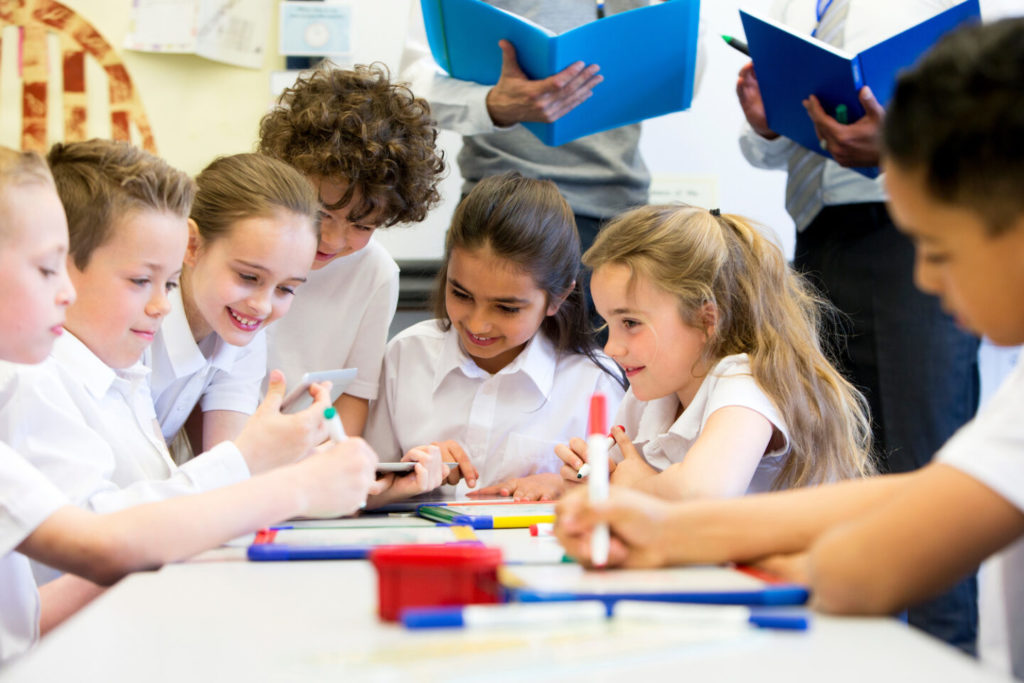Without Sage’s Law, private Christian schools are worth the cost
The public school establishment increasingly views involved parents as the enemy to effective education.
Last month, the Virginia General Assembly killed a bill, HB 2432, which would have required…

The public school establishment increasingly views involved parents as the enemy to effective education.
Last month, the Virginia General Assembly killed a bill, HB 2432, which would have required public school teachers to notify parents when their child wishes to identify as a “gender different from biological sex.”
The bill, known as Sage’s Law, should have been a victory for concerned parents in Virginia, but the Democratic-controlled state senate chose once again to undermine parental rights.
For families who wish to protect their children from the viral transgender ideology pervading public schools, private Christian schools are worth the extra cost.
Although some Christians families intentionally choose public education for social or financial reasons, these families must now consider the apparent, rapid deterioration of public schools and how this impacts their children.
It has become clear in recent months that many public schools actively work against families and completely avoid transparency. From teachers who promote keeping secrets from parents, to entire states that promise to side with students who want to “transition” secretly, it’s no surprise that so many parents and legislators are concerned about the relationship between schools and families.
While public schools may treat families as obstacles to skirt around, Christian schools recognize the rightful status of their institutions to aid families in the process of shaping the hearts and minds of learners. Christian schools work with families, not around them.
Admittedly, private education is a commitment. The cost is not only for parents who must pay for this schooling option, but for Christian school administrators and teachers who sometimes make less than their public-school counterparts.
Students also recognize that attending a private school is a serious commitment. Often, they have to work harder to keep up with the rigor promised by private institutions, but with excellent results: these students typically receive higher scores on standardized tests than learners at public schools.
The financial sacrifice is becoming less burdensome in states offering school choice programs, allowing families to use taxpayer dollars to attend the schools of their choice, including Christian ones.
But above all, parents who send their kids to private Christian schools can enjoy the peace of mind knowing that the values of the institution align with those of their family.
Christian school educators respect and value the influence of the parent because the family, not the school, is regarded as sacred. In short, students can only thrive when parents and teachers share common values.
Parents must also recognize that the influence of a school is not values-neutral: schools shape a child’s worldview. After all, students spend about eight hours per day at school, which amounts to nearly 19,000 hours over the course of 13 years – more than 791 days! This time does not leave children unaffected by the ideas presented to them from educators at public or private schools.
Therefore, parents should think twice before sending their children into institutions where their input is disregarded and even mocked.
Although public education has been the default option for many Christian families for generations, the current culture at most public schools opposes the values we aim to instill in our children. This will not change overnight, as we have seen with the contentious legislative battle over Sage’s Law in Virginia.
Christians in the United States can start creating change by pulling their children out of the public school system.
Virginians have reason to be upset with their legislators for voting against Sage’s Law, but Christians must also recognize that no law will ultimately protect children from a corrupt education system.
The best protection for children is an active parent who is involved in their life and education, and the best education is one that champions transparency and the value of family.



